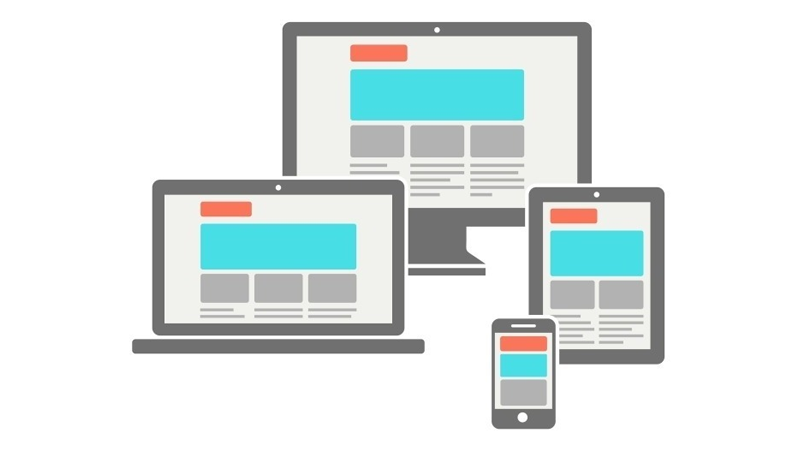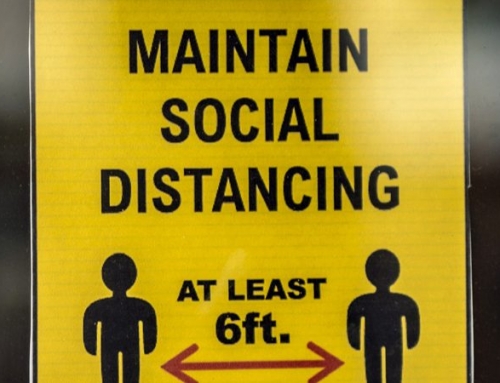The world of online and digital marketing has evolved with the smartphone revolution. Websites, the largely static, simplistic and functional entities that defined the late 90s and early 2000s era of the internet are arguably becoming obsolete for certain businesses. With a dearth of social media apps, specific ecommerce platforms and online marketplaces, some people argue that the traditional, .com style website is unnecessary. There is also a counter argument that states websites are still the backbone of the internet and without one, you still don’t have a professional presence online. In this article, we will consider both schools of thought as we discuss whether businesses still need websites in 2020.
The Case Against
If you’re a small business or sole trader, working from home or the local coffeeshop, the chances are that you need to keep your costs down as much as possible. Professional website design can be incredibly expensive and though there are endless free builders available, not everybody has the time or the patience to use them. Paying for hosting, design, SEO services and more can eat into your profits dramatically. For those just starting out, it could be argued that an actual website should be fairly low down on your list of priorities.
Online Sellers and Merchants
For those who buy and sell goods, eBay, Gumtree, Facebook Marketplace and hundreds of other specialist platforms mean that you can deal with shipping, tax and communication, all from one place. There’s also the additional support you can expect from successful, well established online companies like the ones mentioned above. For some businesses, this set up is preferable because it means the vast majority of the technical aspect is taken care of for you. Other than sourcing high quality imagery of your products and creating well written descriptions, you won’t need to worry about the logistics of presenting your business online.
Freelance Professionals
Many freelancers now rely exclusively on platforms that allow them to meet potential customers directly. Sites such as People Per Hour and the various other sites of this type are secure, reliable and covered by legal regulations, so you won’t find yourself chasing invoices or arguing about additional fees. Additional functions such as record keeping, tax and feedback forms also means that you can keep on top of everything to do with your business very simply. For those in niche areas such as voice recording, modelling, tuition or music production, it can sometimes more lucrative to use specific platforms that are shared by other people in your industry. This also allows you other opportunities for collaboration or group projects.
Tradespeople and Physical Work
If you work as a handyperson, plumber, electrician or any other trade, there are specifically designed listings sites where your customers can search for you. As the majority of your reputation will be established based on the quality of the actual work you do, having a fancy website could be considered something of an unnecessary expense. In these industries, word of mouth and recommendations still count for a great deal and unless you’re a very large company with plenty of disposable marketing budget, a website is probably not your first priority.
The Case For
Having your own website creates a certain impression in the minds of your customers. It looks professional, it suggests you’re well organised and it also gives people an online destination to aim for if they want to find out more about you. Going a step further, you also have the capacity to generate an income from the number of hits your website receives. Though this takes time and a degree of expertise to achieve, it is possible and for many people, their websites provide a fairly considerable portion of their business income.
Your Website, Your Rules
When you have your own website, you have free reign over every element of it, from text size to functionality. This means you can present your brand or service in a way that is truly individual to you. Though there are many arguments against investing in a specific website, having the power to upload new products or post articles and videos whenever you feel is necessary gives you a sense of control that you just don’t get with other platforms.
Old Habits Die Hard
Though the online world moves quickly, people’s attitudes don’t. As the humble website has always been a staple part of the business world, for many people, this is still the case. Even if you have a simple one-page creation that contains your contact details and one or two examples of your work, having a dedicated website can still make you appear professional in the eyes of both customers and other industry professionals. Like business cards, websites can sometimes be something of a formality but for many people, they are still a necessity.
Total Control
When you have your own website, you have access to everything from past orders to customer data. This can be invaluable, especially if you’re aiming for steady, constant growth. You also have the capacity to post content whenever you feel like it, so if a news story breaks or you suddenly have a great idea for a promotion, you don’t have to wait for posts to be “approved” by moderators or third party platforms. Similarly, if you notice any errors, you can delete and edit anything in a matter of seconds.
Summary
Whether you need a website in 2020 will depend on several factors, including the size and nature of your business, the market you are dealing with and the type of customer you are hoping to engage. There are compelling arguments on both sides, but here at Probella, we would recommend at least a simple placeholder site at the very least. Though alternatives are available, the website is here to stay for a while yet.






